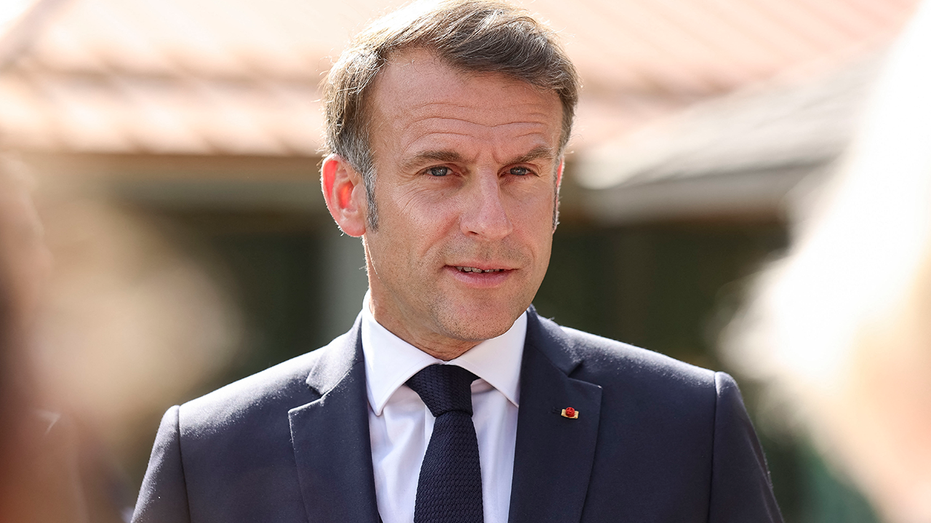Maryland Reparations Bill Advances as Gov. Wes Moore Stays Mum on Support

Sarah Johnson
April 2, 2025
Brief
Maryland’s reparations bill advances amid fiscal concerns and political debate, with Governor Wes Moore avoiding a clear stance as the measure nears a House vote.
Maryland’s reparations bill is moving closer to becoming a reality, but Governor Wes Moore seems to be walking a tightrope of silence on the issue. The bill, which would establish a commission to study reparations—including financial restitution—has gained traction and is expected to clear its final hurdle in the House of Delegates before the legislative session wraps up next week.
A priority for the Legislative Black Caucus of Maryland, the bill sailed through the state Senate last month. But with Maryland facing a looming $3.3 billion deficit, projected to swell to $6.7 billion by 2028, critics like Senate Minority Whip Justin Ready are questioning its timing and financial feasibility. "We don’t have the money right now to be exploring these options, period," Ready stated bluntly, arguing that reparations, regardless of merit, are simply not affordable for taxpayers at this moment.
The commission itself is expected to cost Maryland taxpayers $54,500 annually, according to the Maryland Department of Legislative Services. Ready went a step further, questioning whether taxpayer money should ever be used for reparations, drawing comparisons to Holocaust survivors who received compensation directly from involved companies, not public funds. His skepticism is echoed by many who worry about the economic implications of this proposal.
Interestingly, similar commissions have been established in states like California, Colorado, Massachusetts, New York, and Illinois. California's Reparations Task Force recently recommended financial payouts of up to $1.2 million per eligible recipient, though no votes have been held yet to authorize payments. Maryland’s commission, if approved, is set to deliver its preliminary report by January 1, 2027, and a final report by November 1, 2027.
Governor Wes Moore, however, has avoided taking a clear stance on the bill. Since its introduction in January, he has consistently pivoted to broader economic priorities when asked about reparations. "Our focus is economic advancement, economic growth... modernizing state government," Moore said earlier this year. Even at a public event celebrating the Baltimore Orioles’ home opener, Moore dodged questions, and his spokesperson later declined to provide further clarity.
Ready believes the bill could dent Moore’s growing national profile. "I don’t think Gov. Moore would want this on his desk because I think it is a distraction to trying to get real problems solved," he remarked. While the reparations debate may energize some, Ready feels most supporters are on the political fringes.
As the political drama unfolds, one thing is clear—this bill is sparking intense debate over fiscal priorities, historical justice, and the role of government. And the governor’s silence? It might just be the loudest statement of all.
Topics
Editor's Comments
Governor Moore’s avoidance of the reparations topic feels like a masterclass in political side-stepping. He’s clearly betting on economic growth as his ace card, but staying mum on such a hot-button issue might cost him some brownie points with progressive voters. Also, the timing of this bill—amid staggering deficits—raises eyebrows. It’s like trying to buy a new car when you’re drowning in credit card debt. Bold, but questionable.
Like this article? Share it with your friends!
If you find this article interesting, feel free to share it with your friends!
Thank you for your support! Sharing is the greatest encouragement for us.



